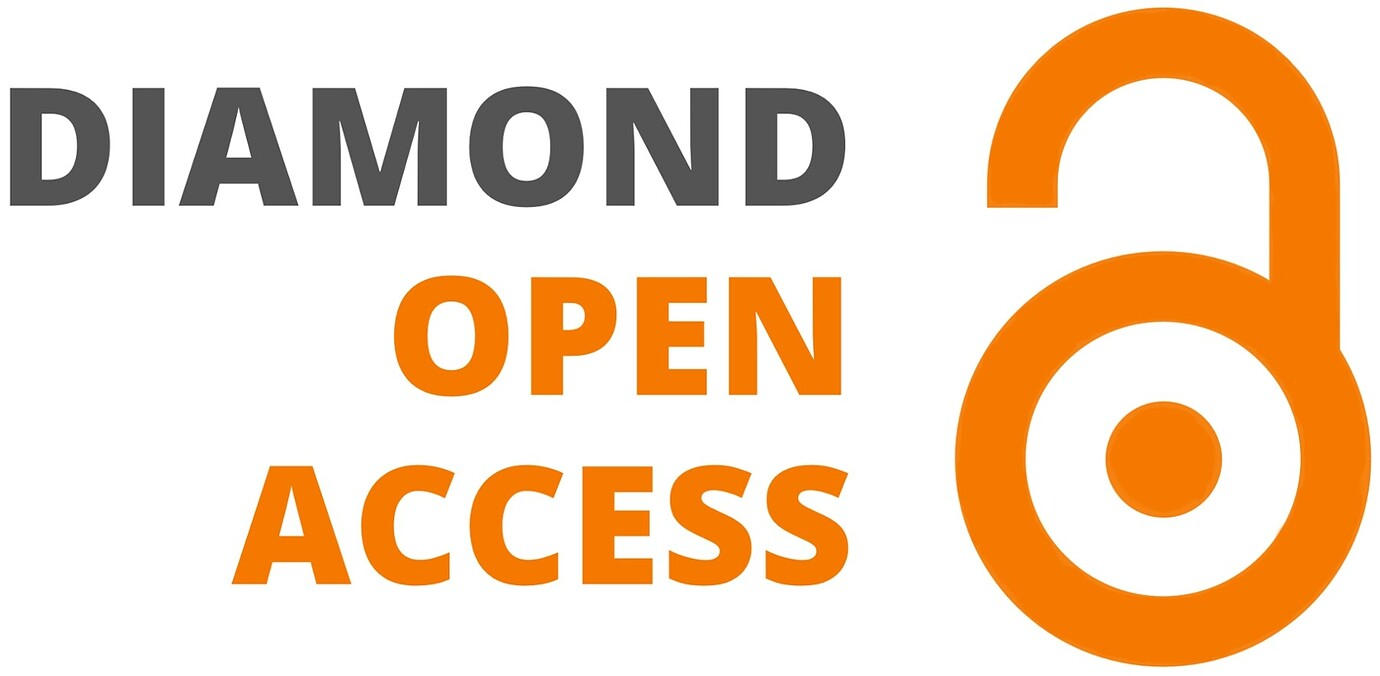Preliminary validation of the SADQ-10 in french, a screening tool for post-stroke depression in ambulatory aphasic patients.
DOI:
https://doi.org/10.61989/3zsvnh93Keywords:
depression, aphasia, stroke, screening, validation, SADQ-10Abstract
Context: Post-stroke depression (PSD) affects about 60 % of aphasic patients during the first year after their stroke. However, there are only a few screening instruments of the PSD suited to this population and available in French. The SADQ-10, a hetero-questionnaire, is one of the most acceptable instruments for patients with aphasia but was developed in English.
Objective: This study aims to provide ambulatory health professionals with a screening tool for PSD adapted to aphasic patients. The purpose is to find out if the french version of the SADQ-10 (SADQ-A10) allows a reliable and valid screening of depression in stroke patients with aphasia.
Method and patients: This longitudinal study was conducted with Speech-Language Pathologists (SLP), in view of their close contact with aphasic patients. Each SLP had to complete the SADQ-A10 in regards to her patient(s) twice and the ADRS (the gold standard in this study) once. The correlations between the results of 23 study subjects were assessed.
Results: The french adaptation of the SADQ-10 demonstrated good test-retest reliability (rs = 0.91, p < 0.0001) and a correct internal consistency (α = 0,77) that could be improved. Its validity was also demonstrated (rs = 0.73, p < 0.0001).
Conclusion: This study provides elements supporting the validity and the reliability of the SADQ-A10. Still, it needs to be replicated in a larger and more representative sample of the target-population. The SADQ-A10 could then be used by health professionals and be the first instrument currently available in French, screening the presence of depression in ambulatory stroke patients with aphasia.
References
American Psychiatric Association. (2015). DSM-5 : Manuel diagnostique et statistique des troubles mentaux (M.-A. Crocq, & J.-D. Guelfi, Trans. ; 5e ed.). Elsevier Masson. (Travail original publié en 2013).
Amossé, C. (s.d.). SADQ-H : Stroke Aphasic Depression Questionnaire – Version Hôpital. https://www.nottingham.ac.uk/medicine/documents/published-assessments/sadq-h10french.pdf
Bassi, M., Tari, Y., Dufour, J.-C., & Joyeux, N. (2019). Enquête des pratiques auprès des orthophonistes sur l’aphasie et la dépression post-AVC. Revue Neurologique, 175(S1), 74. https://doi.org/10.1016/j.neurol.2019.01.208.
Beaton, D. E., Bombardier, C., Guillemin, F., & Bosi Ferraz, M. (2000). Guidelines for the process of cross-cultural adaptation of self-report measures. Spine, 25(24), 3186-3191. https://journals.lww.com/spinejournal/Citation/2000/12150/Guidelines_for_the_Process_of_Cross_Cultural.14.aspx
Benaïm, C., Cailly, B., Perennou, D., & Pelissier, J. (2004). Validation of the Aphasic Depression Rating Scale (ADRS). Stroke, 35(7), 1692-1696. https://doi.org/10.1161/01.STR.0000130591.95710.20
Bennett, H. E., & Lincoln, N. B. (2006). Potential screening measures for depression and anxiety after stroke. International Journal of Therapy and Rehabilitation, 13(9), 401-406. https://doi.org/10.12968/ijtr.2006.13.9.21784
Brin, F., Courrier, C., Lederlé, E., & Masy, V. (2018). Dictionnaire d’orthophonie (4e ed.). Ortho Edition.
Carlsberg, M., Percey, V., Arheix-Parras, S., Charaire, P., Cogné, M., Dehail, P., De Seze, M., Prouteau, A., Sibon, I., & Glize, B. (2020). Disability of people with aphasia is overestimated by general practitioners. Annals of Physical and Rehabilitation Medecine, 63(3), 252-254. https://doi.org/10.1016/j.rehab.2020.02.003
Chollet, F. (2017). Médicaments antidépresseurs et récupération fonctionnelle après accident vasculaire cérébral. Bulletin de l’Académie Nationale de Médecine, 201(1-3), 467-479. https://doi.org/10.1016/S0001-4079(19)30508-4
Cobley, C. S., Thomas, S. A., Lincoln, N. B., & Walker, M. F. (2012). The assessment of low mood in stroke patients with aphasia: Reliability and validity of the 10-item Hospital version of the Stroke Aphasic Depression Questionnaire (SADQH-10). Clinical Rehabilitation, 26(4), 372-381. https://doi.org/10.1177/0269215511422388
Dancey, C. P., & Reidy, J. (2007). Statistics without maths for psychology (4e ed.). Pearson Education.
George, D., & Mallery, P. (2019). IBM SPSS statistics 26 step by step: A simple guide and reference (16e ed). Routledge.
Goodglass, H., & Kaplan, E. (1972). The assessment of aphasia and related disorders. Lea & Febiger.
Hackett, M. L., & Pickles, K. (2014). Part I: Frequency of depression after stroke: An updated systematic review and meta-analysis of observational studies. International Journal of Stroke, 9(8), 1017-1025. https://doi.org/10.1111/ijs.12357
International Test Commission. (2017). ITC Guidelines for translating and adapting test (2e ed.). https://www.intestcom.org/page/14
Joyeux, N., Evain, R., & Ravella, C. (2022). Traduction et adaptation du SADQ (questionnaire de repérage de la dépression chez l’aphasique post-AVC). Revue Neurologique, 178(S), S104. https://doi.org/10.1016/j.neurol.2022.02.365
Landis, J. R., & Koch, G. G. (1977). The measurement of observer agreement for categorical data. Biometrics, 33(1), 159-174. https://doi.org/10.2307/2529310
Laures-Gore, J. S., Farina, M., Moore, E., & Russell, S. (2017). Stress and depression scales in aphasia: Relation between the aphasia depression rating scale, stroke aphasia depression questionnaire-10, and the perceived stress scale. Topics in Stroke Rehabilitation, 24(2), 114-118. https://doi.org/10.1080/10749357.2016.1198528
Lincoln, N. B., Sutcliffe, L. M., & Unsworth, G. (2000). Validation of the Stroke Aphasic Depression Questionnaire (SADQ) for use with patients in hospital. Clinical Neuropsychological Assessment, 1, 88-96.
Mokkink, L. B., Terwee, C. B., Patrick, D. L., Alonso, J., Stratford, P. W., Knol, D. L., Bouter, L. M., & de Vet, H. C. W. (2010). The COSMIN study reached international consensus on taxonomy, terminology, and definitions of measurement properties for health-related patient-reported outcomes. Clinical Epidemiology, 63(7), 737-745. https://doi.org/10.1016/j.jclinepi.2010.02.006
Oosterveer, D. M., Mishre, R. R., van Oort, A., Bodde, K., & Aerden, L. A. M. (2017). Depression is an independent determinant of life satisfaction early after stroke. Journal of Rehabilitation Medicine, 49(3), 223–227. https://pubmed.ncbi.nlm.nih.gov/28218342/
Orlikoff, R. F., Schiavetti, N., & Metz, D. E. (2015). Evaluating research in communicative disorders (7e ed). Pearson.
Shehata, G. A., Mistikawi, T. E., Risha, A. K., & Hassan, H. S. (2015). The effect of aphasia upon personality traits, depression and anxiety among stroke patients. Journal of Affective Disorders, 172, 312-314. https://doi.org/10.1016/j.jad.2014.10.027
Sutcliffe, L. M., & Lincoln, N. B. (1998). The assessment of depression in aphasic stroke patients: The development of the Stroke Aphasic Depression Questionnaire. Clinical Rehabilitation, 12(6), 506-513. https://doi.org/10.1191/026921598672167702
University of Nottingham (2007). Stroke Aphasic Depression Questionnaire – Community version (10 items). https://www.nottingham.ac.uk/medicine/documents/published-assessments/sadq10community.pdf
Vallerand, R. J. (1989). Vers une méthodologie de validation trans-culturelle de questionnaires psychologiques : Implications pour la recherche en langue française. Canadian Psychology/Psychologie Canadienne, 30(4), 662-680. https://doi.org/10.1037/h0079856
van Dijk, M. J., de Man-van Ginkel, J. M., Hafsteinsdóttir, T. B., & Schuurmans, M. J. (2016) Identifying depression post-stroke in patients with aphasia: A systematic review of the reliability, validity and feasibility of available instruments. Clinical Rehabilitation, 30(8), 785-810. https://doi.org/10.1177/0269215515599665
Downloads
Published
License
Copyright (c) 2023 Auriane Nonga Yomb, Elora Roudet, Nathaly Joyeux

This work is licensed under a Creative Commons Attribution 4.0 International License.




